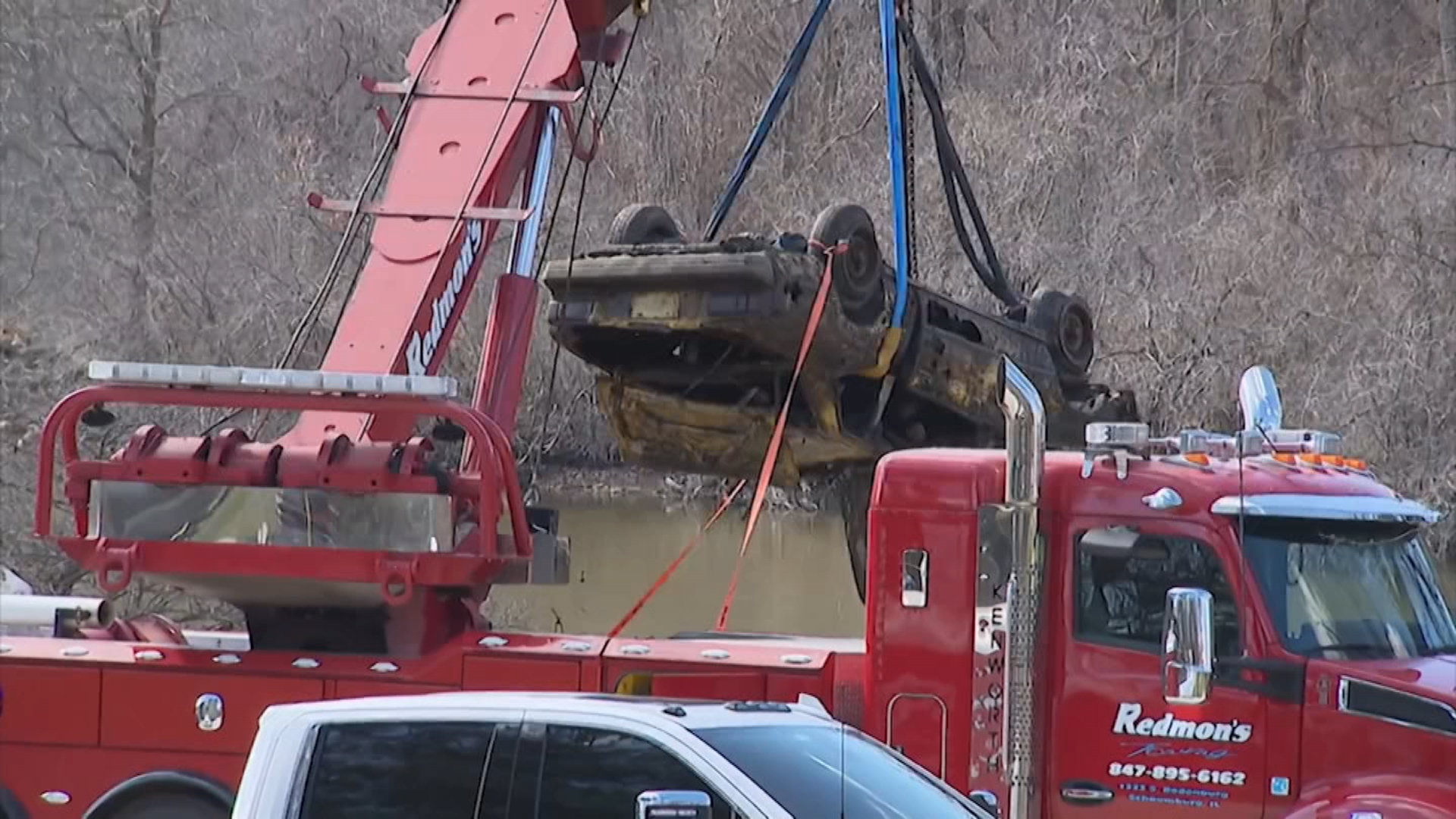Illinois Comptroller Susana Mendoza's office will no longer assist municipalities in collecting fines for red-light camera tickets, her office said early Monday, calling the system both "unfair" and "plain rotten."
"My office is taking decisive action in response to unethical arrangements that have come to light regarding the red-light camera industry," Mendoza said in a statement. "As a matter of public policy, this system is clearly broken. I am exercising the moral authority to prevent state resources being used to assist a shady process that victimizes taxpayers."
Since 2012, local governments have been able to use the comptroller's office to collect debts like traffic tickets and court fines by withholding state income tax refunds or other state payments, Mendoza's office said in a statement.
A growing percentage of the funds collected in recent years has been for red-light camera ticket violations, mainly from Chicago's suburban municipalities, according to Mendoza - who said the state does not collect ticket debts for the city of Chicago over the controversy surrounding the city's camera system.
Mendoza's office cited media reports indicating that red-light camera tickets "fall hardest and disproportionately on minority and low-income drivers," adding that the $100 fines can double if they go unpaid, then nearly triple, with private debt collection agencies keeping a portion of the funds the state collects for local governments.
She added that federal scrutiny of a red-light camera operator - SafeSpeed, named in a search warrant related to a wide-ranging corruption probe - also contributed to her office's decision to end fine collection for municipalities.
"This kind of arrangement stinks - it’s plain rotten," Mendoza said. "It exploits taxpayers and especially those who struggle to pay the fines imposed, often the working poor and communities of color. We can’t continue the practice of municipal employees directly pocketing cash from contracts they arrange."
Local
Municipalities can still collect fines from drivers, Mendoza said, and are even free to hire debt collectors on their own. But she urged municipalities to "take a second look" at contracts with red-light camera companies to determine if the contracts were procured properly.
She was expected to discuss ticket collection at a news conference beginning at 10 a.m. under a red-light camera at Western and Madison in Chicago.



